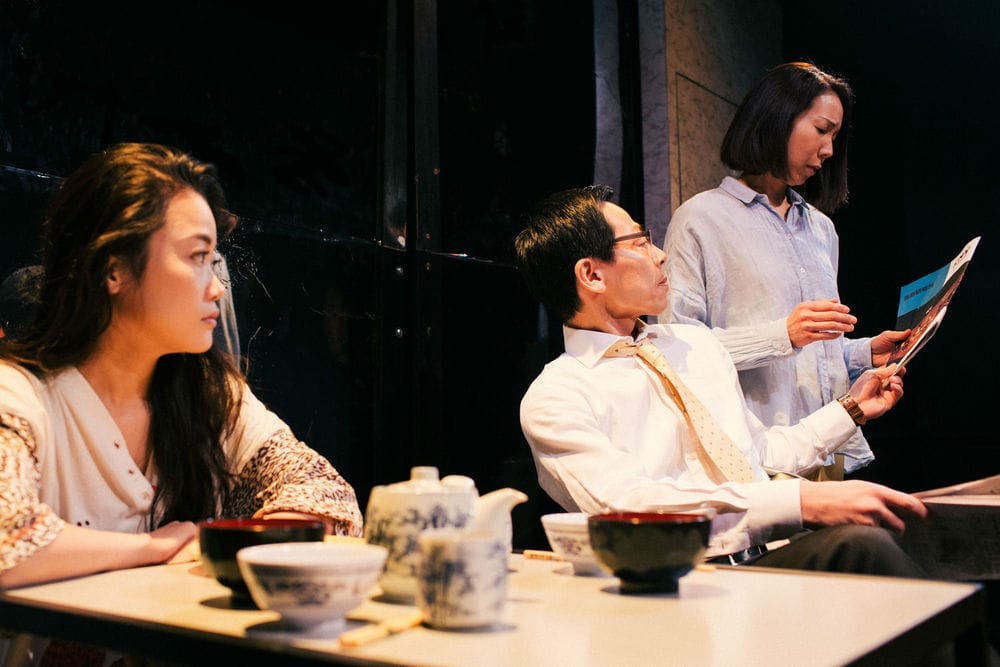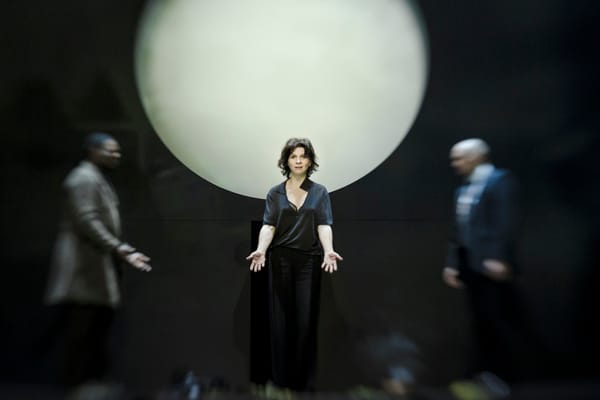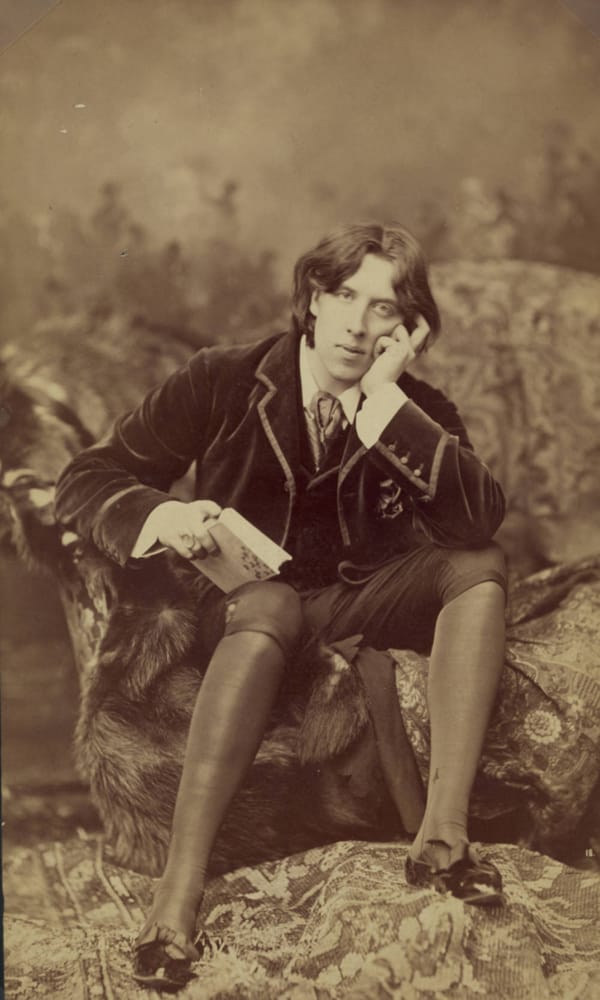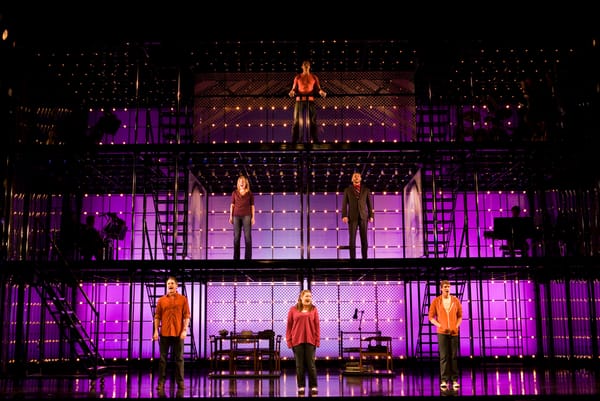Tokyo No-Go: When acting goes wrong
Arianna Sorba finds bad acting deflates Harajuku Girl’s fine script

I’m pretty obsessed with Japanese culture. I’m also an ardent feminist, and I’m constantly moaning to anyone who’ll listen about the lack of interesting female characters in modern literature. So I was more than ready to love Harajuku Girls, a new play about three women growing up in modern day Tokyo, treading the line between empowerment and victimhood as they take up work in Tokyo’s notorious red light district. Heck, they even gave me a free pint with my press ticket. When I settled in to my excellent seat at the Finborough Theatre, a tiny venue above a pub, I was already glowing with admiration for the whole thing.
Alas, it was short-lived. It turns out that no amount of intelligent direction, clever staging, and excellent scriptwriting can compensate for plain old bad acting. And I mean painfully bad acting.
The opening scene was probably the worst. After an incredibly awkward pause where one actress clearly just forgot her lines, the rest of the cast seemed to take the entire scene to recover, so I was too busy cringing to really gather what was going on. I later had a quick flick through the script (another press ticket perk) and sure enough, one of the actors had accidentally jumped ahead a good page and a half of dialogue.
No amount of intelligent direction and clever staging can compensate for bad acting
Once the cast regained their confidence the quality picked up, but never so much as to be really convincing. Like I said, I’m a committed feminist, so I don’t say the following lightly, but of the five main cast members, the three women were definitely less believable than the two men. Perhaps this was simply because the women had more complex, demanding roles than the two men did - and for that I give immense credit to the scriptwriter, Francis Turnly, for writing such interesting characters - but often the female actors seemed somewhat panicked by the immensity of the opportunity, and ended up overcompensating, rushing through dialogue, or stepping on each other’s lines.
This was particularly true of the main character, Mari, played by Haruka Abe, who incidentally features as the main role in Clean Bandit’s ‘Rather Be’ music video. For the simplest of lines, like “you’re going to be late for work”, her emphasis was all wrong in a school-play sort of way, and it only got worse as the script became more demanding. The moment when Mari tells her father “I love you but I don’t even know you” was over-egged to the extent that it simply just highlighted the cliché of the sentiment, rather than the subtlety. Meanwhile the character Yumi, played by Kunjue Li, was meant to be both innocent and simultaneously painfully self-aware of her own low prospects, telling her friends “it’s not my fault I’m stupid” and aspiring to work as a lift operator. But she was played with such naiveté that her complexity of character was lost almost completely. (It didn’t help that at one point the director literally dressed her in a spotty onesie.)
In fact, there were moments throughout the play where I felt that the excellent script was somewhat let down by the nervous actors, since Francis Tunly has managed to create truly exciting, interesting, and believable characters with this work. As the three childhood friends grow up, their developing relationships are portrayed with such an authentic combination of support and jealousy that I was genuinely surprised to find out that the scriptwriter was a man. The gradual transition Mari makes from schoolgirl to sex worker, as she slowly compromises more and more of herself in order to achieve her dreams, was written perfectly convincingly; the only slight irony is that Mari’s dream is to go to acting school.
There were moments where the excellent script was let down by the nervous actors
Even the seedy male characters of the play are well rounded; through the use of increasingly sparing dialogue, Tunly convinces you to almost forgive them their creepiness, revealing their humanity. This was especially effective due to the immense talent of Nomo Gakuji, who managed to play both Mari’s father and her client at different points in the performance with such confidence and skill that it didn’t quite make me queasy watching it.
The staging of the play was also nothing short of spectacular, especially given how little space the theatre provides, a testament to what can be achieved when the cast are willing to do some heavy lifting. In a bold and incredibly effective decision by the director, Jude Christian, the main cast members often switched costume on stage during a scene change, still in character. The moments where Mari was helped into her clothes by her best friend, before checking her make-up in the ‘mirror’ that was the audience, were some of the most poignant of the whole performance, despite the fact that the walls were moving around her and it didn’t quite make sense with the storyline. There’s inevitably something incredibly character revealing about the way a woman takes her dress off. And the designers managed to perfectly recreate an authentic Tokyo atmosphere with their choice of music and props, without ever over-doing the kawaiiHello Kitty cliché.
But all this cannot save a play when the main characters just aren’t played well enough to convince. It’s not as though I didn’t enjoy myself; in fact there was one particularly dark scene where I was briefly genuinely terrified – although come to think of it, the moment broke as soon as someone spoke. It was just so frustrating to watch a wonderful script with such exciting potential being wasted by uncomfortable actors talking over each other and overusing their eyebrows. Perhaps a few nights later in the run, the cast will get over their nerves and finally deliver. If they do, then perhaps this team will finally have a true gem of a play on their hands.
Harajuku Girls is on at the Finborough Theatre until 21st March. Tickets start from £14; available online.









